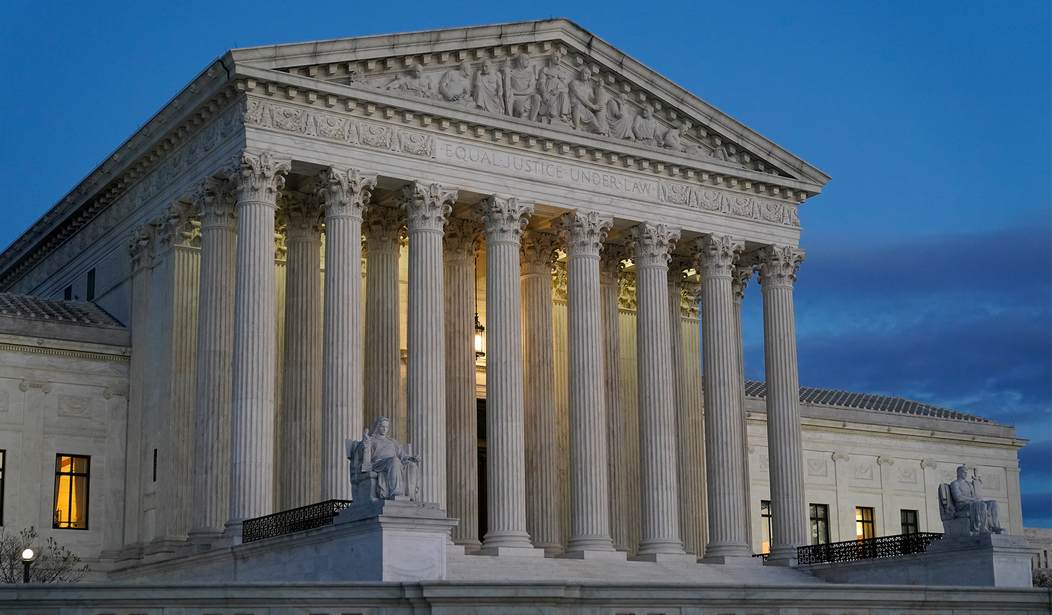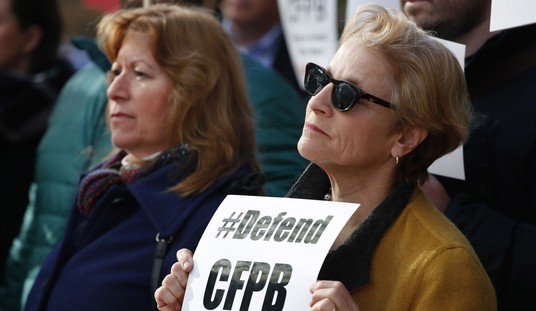Score another tentative victory for gun rights. The Supreme Court on Thursday ruled that the National Rifle Association (NRA) can proceed with its lawsuit against New York state officials over their efforts to pressure companies to cut ties with the gun rights advocacy group.
The NRA has been locked in a legal battle with the state since it essentially tried to dismantle the organization through the court system. However, this lawsuit could result in a sharp rebuke of government officials seeking to use their positions to crack down on gun rights.
READ MORE:
Supreme Court Gives the NRA and Freedom a Big Win Over Government Censorship and Bullying
The justices unanimously ruled that the NRA can move forward with its legal action against New York state officials who attempted to subvert the First Amendment to attack the organization.
The case was one of two before the justices concerning alleged government coercion of private entities. The other, yet to be decided, involves claims that the Biden administration unlawfully pressured social media companies when it urged them to remove certain content.
"Government officials cannot attempt to coerce private parties in order to punish or suppress views that the government disfavors," liberal Justice Sonia Sotomayor wrote on behalf of the court in Thursday's ruling. The NRA, she added, plausibly alleges that Vullo "did just that."
When the case returns to lower courts, Vullo can also argue that she is protected by the qualified immunity legal defense that allows public officials to evade liability if they were not on notice at the time of the alleged conduct that their actions were unconstitutional.
The NRA appealed a 2022 ruling by the New York-based 2nd U.S. Circuit Court of Appeals, which said Vullo’s actions did not constitute unlawful conduct, meaning the free speech claim should be dismissed.
In a 2018 lawsuit, the gun rights group zeroed in on an investigation by Vullo’s office into insurance companies that the NRA had worked with to provide coverage for members. The gun group is based in Virginia but was incorporated in New York,
Furthermore, in the aftermath of the 2018 school shooting in Parkland, Florida, in which 17 people were killed, Vullo urged insurance companies and banks to reconsider any relationships they had with gun rights-affiliated groups.
The Supreme Court heard oral argument in the case in March. The legal action centers on the NRA’s allegations that Vullo pressured private entities to cut ties with the group. It argues that the official issued “guidance letters” after the Parkland shooting with the purpose of eroding support for the group and threatening enforcement actions against the firms if they refused to comply.
The U.S. District Court initially allowed the lawsuit to proceed. However, the Second Circuit Court of Appeals put a stop to it, arguing that Vullo did not engage in coercion and that she was protected under qualified immunity.
This is a welcome development for a variety of reasons.
For starters, if the NRA wins its lawsuit, it would be a win not only for the Second Amendment, but also the First. The Court decided that the organization’s allegations against Vullo and other government officials are plausible enough for a court to consider them.
The ruling reinforces the principle that state officials must not directly or indirectly suppress viewpoints with which they disagree. Vullo and others are alleged to have leaned on private entities with the intent to harm another private entity whose political views do not align with theirs. If it is proven that this is the case, it constitutes an egregious violation of the First Amendment.
Secondly, this ruling could result in a crucial check on government power, ensuring that officials cannot overstep their authority. Vullo’s alleged effort to push financial institutions and insurance companies to rethink their relationship with the NRA could easily be seen as an attempt to leverage government influence to silence the organization.
Lastly, the ruling could lead to more accountability for government officials who abuse their positions in a way that violates people’s rights. Vullo’s defense will argue that she should be covered by qualified immunity. But if the court does not grant this protection, it will benefit other organizations that might find themselves in the same position as the NRA. Government officials who engage in this conduct should not be shielded from consequences.
The Supreme Court’s ruling does not guarantee that the NRA will win its lawsuit, but it does give the organization a fighting chance.













